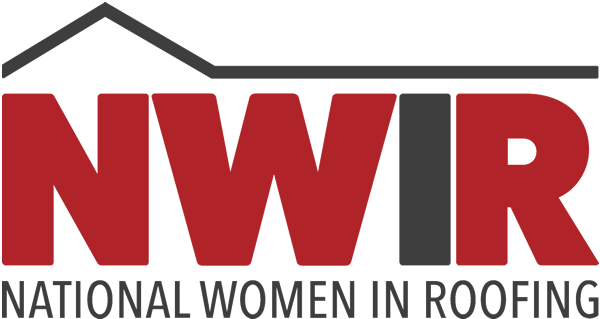It’s a pretty slow day at a local home show so when a man (let’s call him ‘Richard’) enters my families residential roofing contractor booth both myself and my husband at the time are available to talk to him. Unlike most of the tire kickers we’ve been talking to, Richard enters the booth with purpose, walks right up to us, and asks his first question, directly to my husband. I give him the benefit of the doubt, that I wasn’t just discredited as knowledgeable in regards to construction, based solely on my gender. I smile, say “That’s a great question” and then proceed to provide a great answer. ‘There,’ I think, ‘I’ve shown him I’m not just here to help pick a shingle color.’ And then it happened. He listened to me, turned, and asked a follow up question, directly to my husband.
I’ve changed my mind, let’s call him ‘Dick.’ I know I should fight back against Dick’s blatant stereotyping; I know I should answer his question again and continue to prove myself. But I also know this is a sales opportunity that my family needs and it’s clear he doesn’t want to talk to me. So, I let my male counterpart take the lead and I slowly excuse myself from the conversation. That wasn’t the first time that happened, nor would it be the last, in fact the struggles women face in a male dominated industry was a daily experience for me. Should I have pushed harder? Should I have spoken up again? Yes. But that was 10 years and another lifetime ago and frankly I just didn’t have the confidence.
As I reflect back now, I question myself on that. I could discuss the benefits of one manufacturer over another, explain the differences between what’s required by code versus industry best practice, hold my own talking shop with the roofers AND recommend a shingle color. I actually was confident, but not always comfortable asserting myself. I knew that if I pushed back in those situations, I’d be seen as too aggressive, or worse, a bitch. I now realize the problem wasn’t me, it was Dick and it was him that needed to change. In order to do that, I needed to change his perspective of me.
Our personal value, is created from two sources, internal and external. It’s a combination of our own perspective of our worth and the perspective others hold of us. Luckily, we control both. Casey Brown has a wonderful Tedx Talk about how to figure out your worth, and then ask for it. She explains that “No one will ever pay you what you’re worth, they will only ever pay you what they think you’re worth. Clearly defining and communicating your value are essential to being paid well for your excellence.” This applies not only when discussing wage but in every day interactions. Dick assigned little value to my opinion, and by not pushing back, I only confirmed that for him. I knew my value, but I didn’t communicate it. How we speak and engage with others (or choose not to) is a projection of our own self worth and contributes to their perception of our value.
There is no one way to do better at this. Brown explains it’s a matter of “finding your own voice; a voice that is authentic to you.” That could mean making small changes such as speaking up in meetings, or more major ones like applying for that promotion you’ve wanted but done nothing about. How you action this is up to you, the bottom line is, choose to do something. This new year is a perfect time to promise ourselves we will take action. We each have the potential and the power to change Dick’s perspective, we just need to start.


